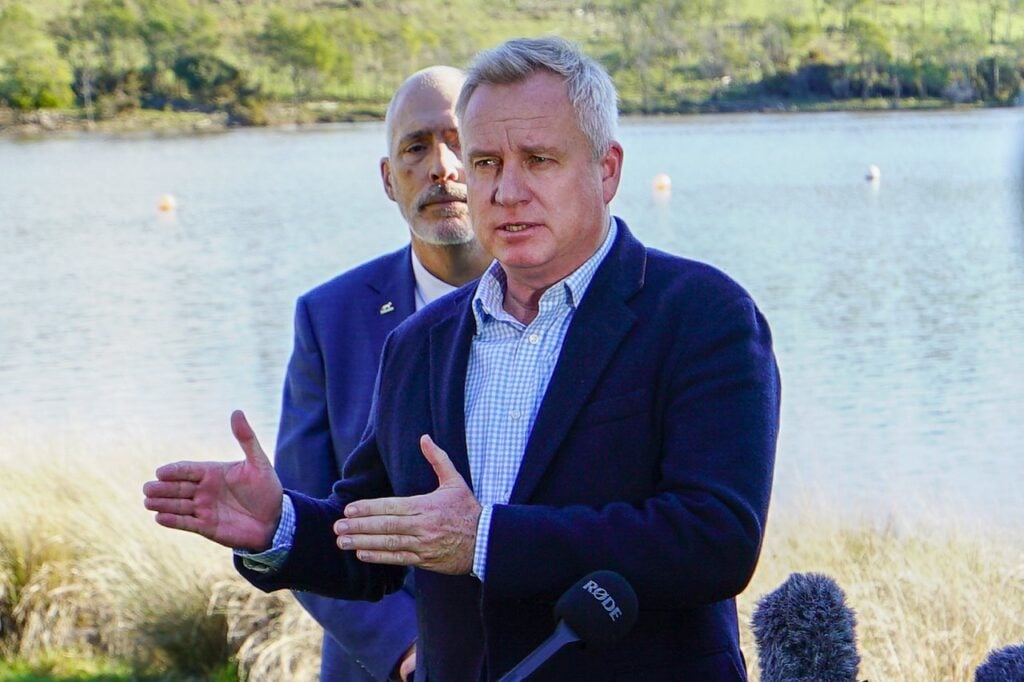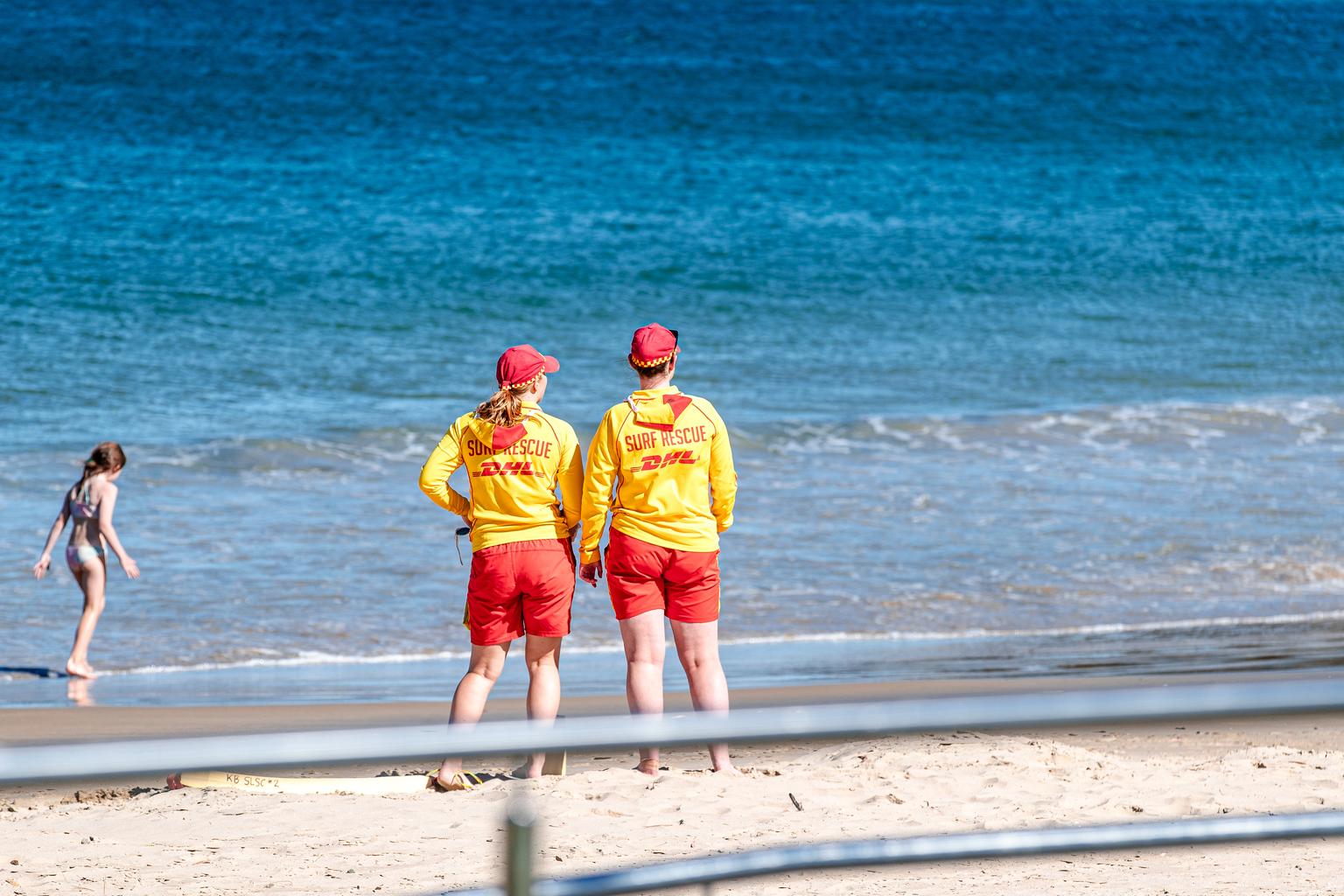Premier Jeremy Rockliff is urgently seeking advice on whether his caretaker government can lock Tasmania into the multi-billion dollar Marinus Link deal, a project forecast to pump more than $400 million a year back into the state.
Rockliff says the Marinus Link undersea cable will outstrip every other state-owned enterprise combined when it comes to generating revenue.
The project would put Tasmania on the map as Australia’s renewable energy export hub, he said, while unlocking billions in industrial investment.
But with just days before a crucial August 2 deadline, Rockliff is scrambling against the clock amid political gridlock, with Labor refusing to endorse the investment.
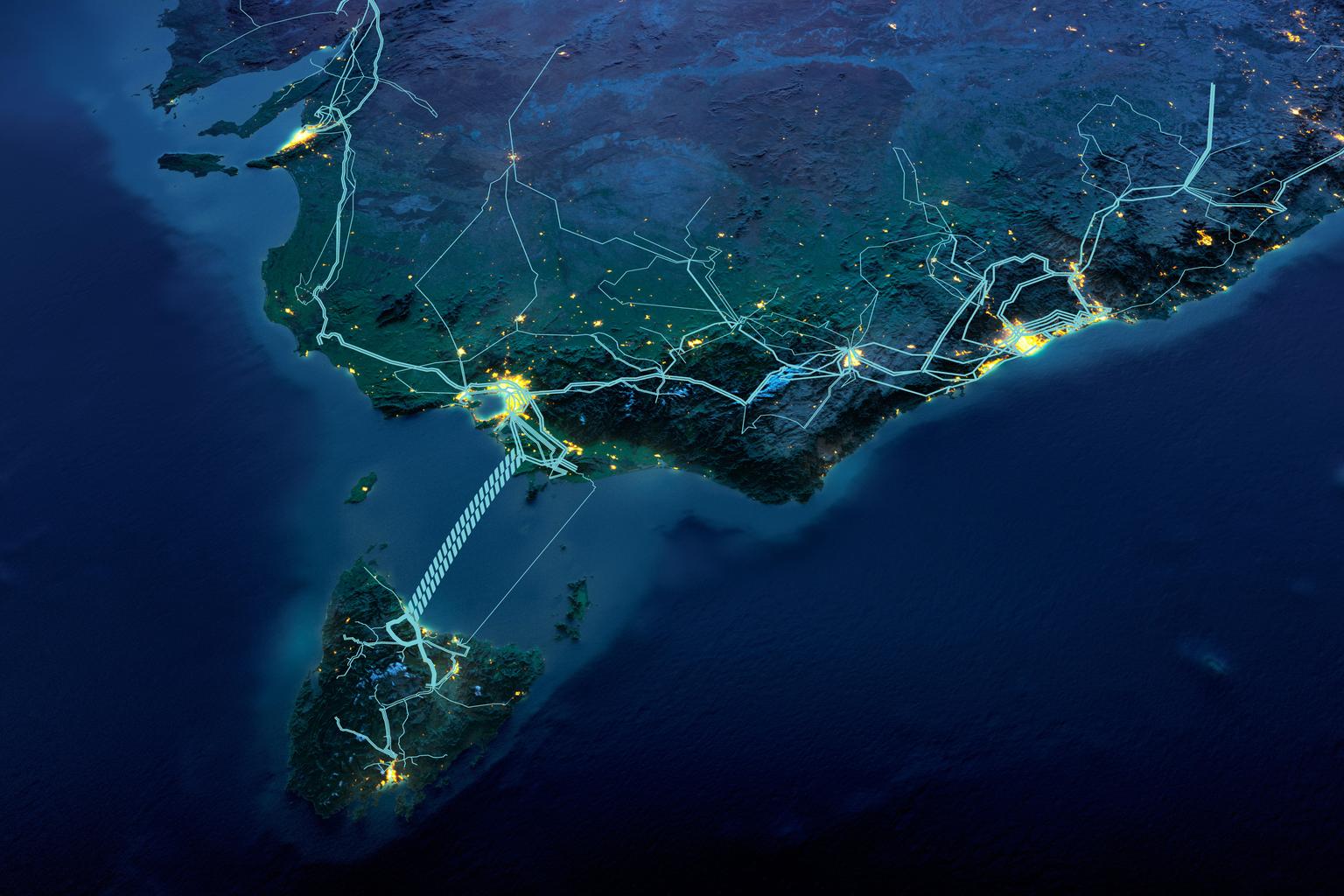
He said Labor leader Dean Winter has “absolved himself of his responsibility” by stepping back from endorsing the project, despite previously being one of its champions.
Winter this afternoon said he could not endorse Marinus Link because he has not had enough time to sift through the thousands of pages of project documents.
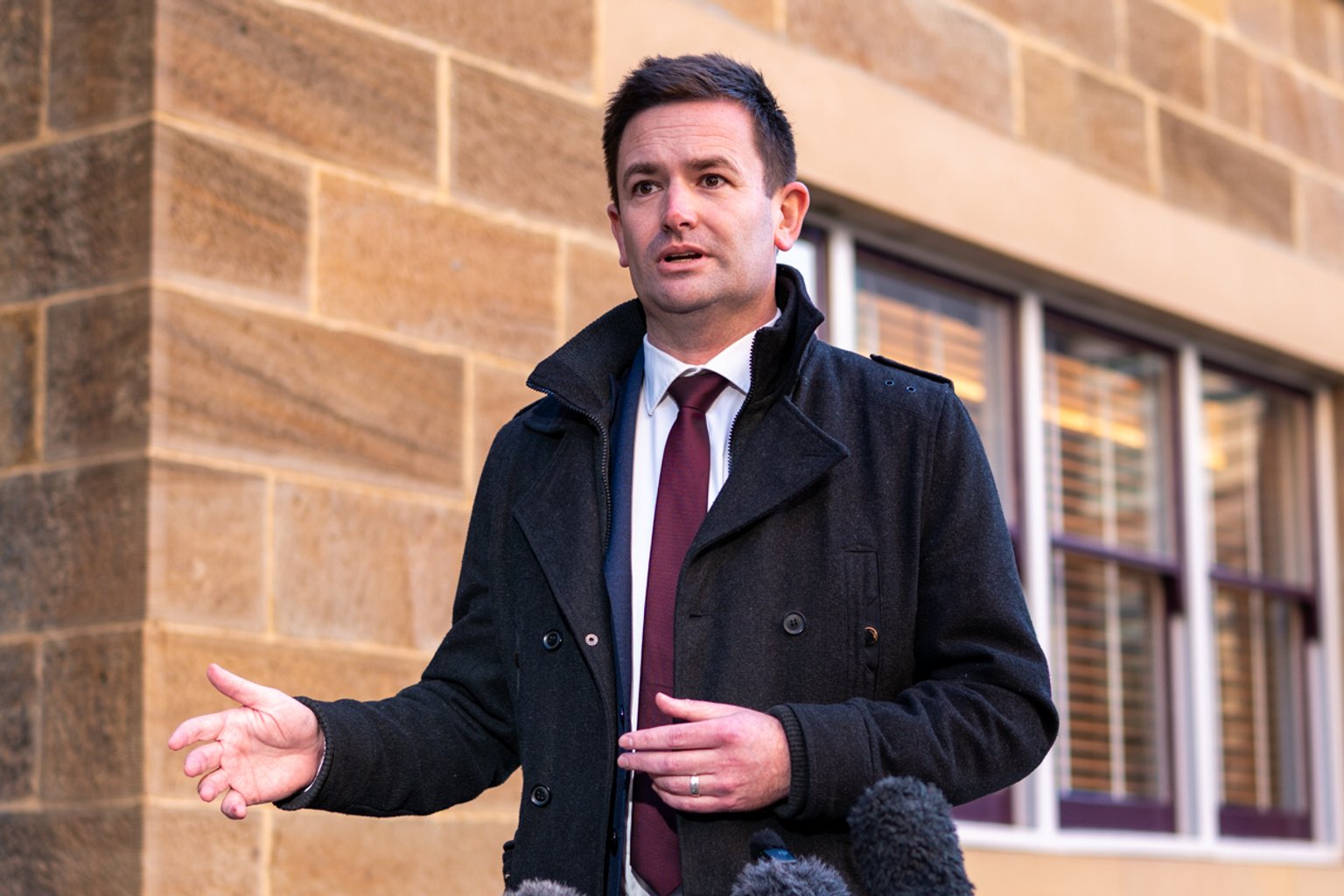
Rockliff said missing the “very tight” deadline would set the project back five years and cost Tasmania $2 billion in lost revenue.
“[Marinus Link] will set up Tasmania’s social and economic prosperity like no other investment before it,” he said, adding it will deliver 2,000 jobs and “improve Tasmania’s bottom line” by over $400 million every single year.
“The only other investment prior to that that has set up Tasmania’s economic and social security is that of the hydro industrialisation.”
Rockliff says the revenue will help pay down debt, fund hospitals, schools and infrastructure and guaranteed it would keep power bills low for Tasmanian households.
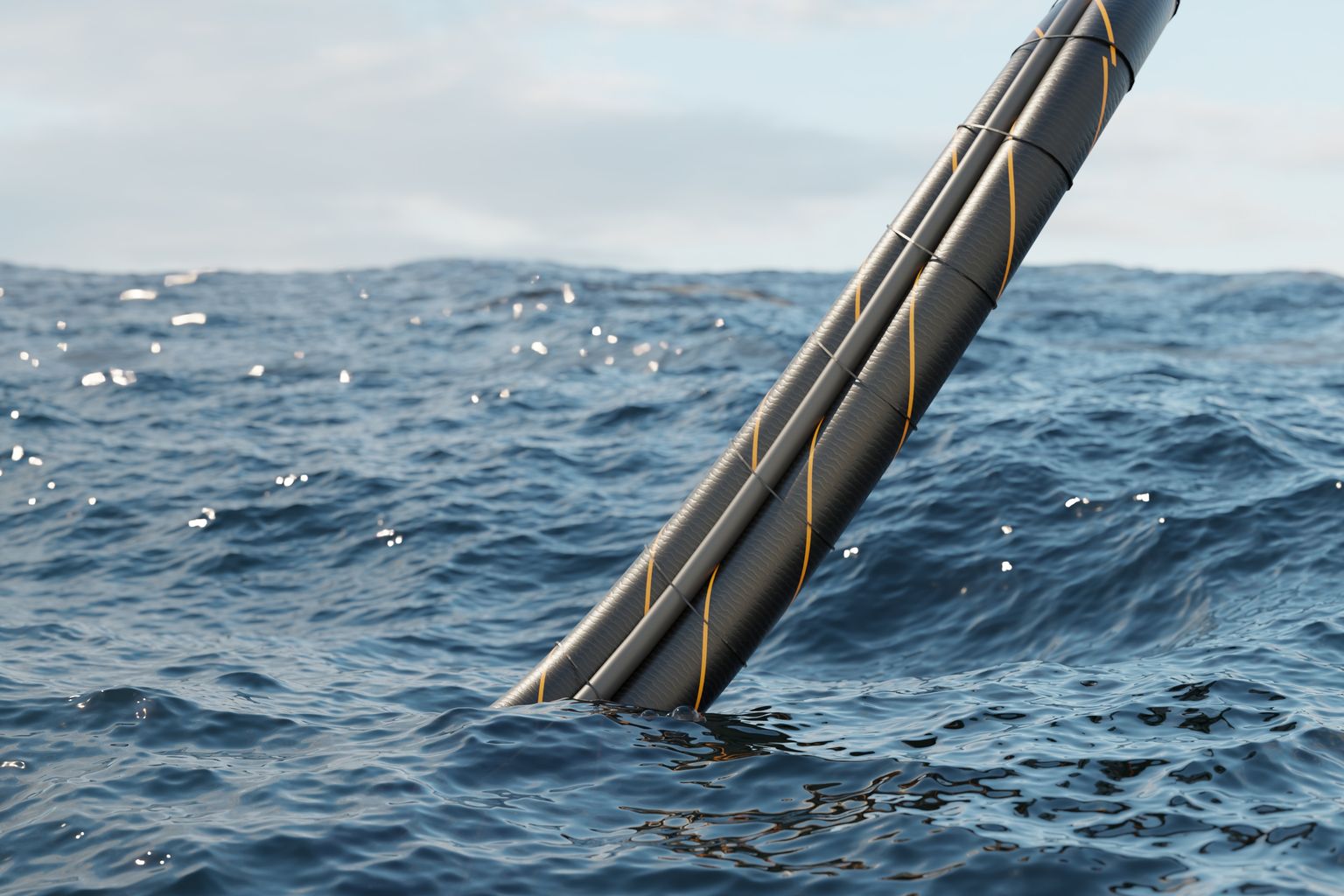
The underwater cable linking Tasmania to Victoria would allow the state to export excess hydroelectric power during peak production and import electricity when needed.
Marinus Link is expected to deliver $4.4 billion in direct and indirect investment, Rockliff said, backed by a $103.5 million equity contribution from the state government.
Energy Minister Nick Duigan says interconnection projects are taking off worldwide, making the race to manufacture and install the cables fiercely competitive.
“We are really committed to this, we have not skipped on doing our homework,” he said, adding the deal to be signed is a “critical juncture”.
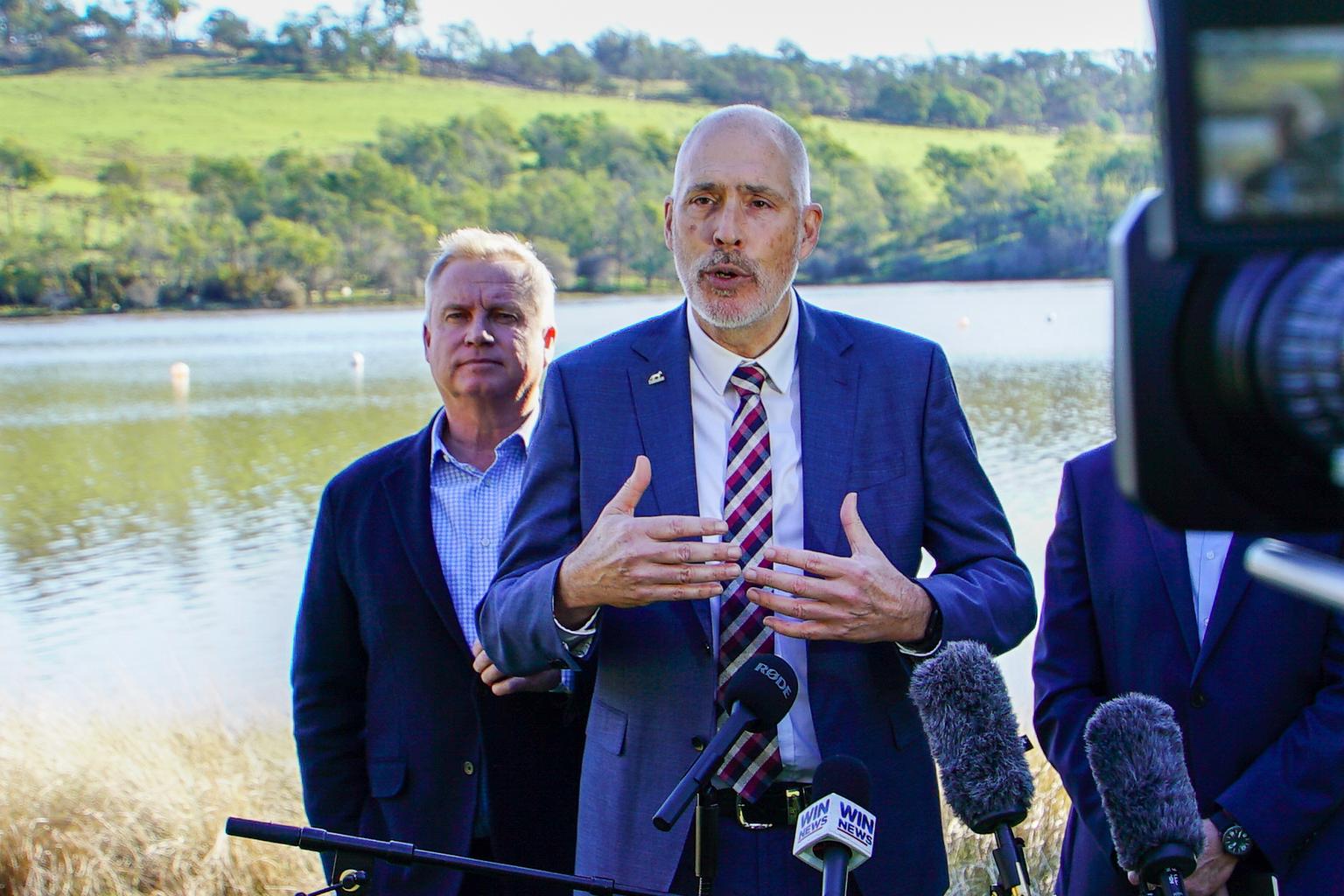
“There is a great deal of understanding that underpins this and the benefits are very real and they are material.”
Advice on whether the Liberals can proceed is expected within hours.

